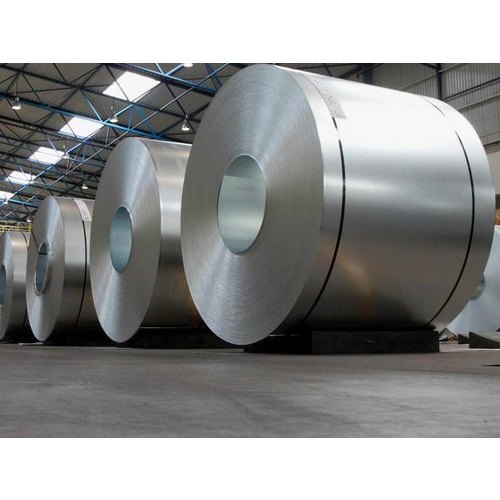
What Is The Best Lithium-Ion Battery Manufacturers in India [2020]
16/05/2022How to Find a Silicone Baby Product Manufacturer?
13/07/2022Stainless steel is an excellent material that can be stored for many years, because of its nonmagnetic properties. It is also resistant to oxidation and corrosion, making it an excellent choice for many applications. Learn more about the advantages of storing stainless steel coils.
After reading this article, you’ll know how to store stainless steel coils safely and efficiently. In addition to storage, stainless steel also resists rust, so you can keep your steel coils looking as good as new.
Stainless steel coil is non-magnetic
Most stainless steels are non-magnetic. However, some are magnetic when worked. The type of deformation that causes magnetism depends on the type of steel used. Stainless steels in the 300 series, for example, are generally non-magnetic. The other types are ferritic or martensitic. As a result, these steels can be used in magnetic fields without fear of magnetism.
It resists corrosion and oxidation
Stainless steel is an alloy of chromium and molybdenum. The higher the chromium content in a stainless steel product, the less likely it will corrode or oxidize. Because of this, stainless steel is resistant to corrosion and oxidation at all temperatures, both at room temperature and in extreme conditions. It forms a protective layer of Chromium(III) oxide on its surface that prevents further oxidation. Chromium-oxide-protected stainless steel is also highly resistant to corrosion and oxidation in most chemicals.
The stainless steel coil is durable
Stainless steel coils are made from several metals. One of these alloys is 304 stainless steel, which has good welding qualities and does not usually need post-weld annealing to regain its original properties. This steel is also known as 18/8 stainless steel, which contains chromium-nickel content with low carbon content. The benefits of this steel include corrosion and oxidation resistance. Its easy fabrication and storage make it popular for many applications.
It is an ideal material for many applications
Stainless steel is a unique material that offers corrosion resistance. Its chemical composition contains chromium and molybdenum, which react with oxygen and water to form a protective film. The coating regenerates itself after slight abrasions. This allows stainless steel to withstand a wide range of temperatures without losing its strength or integrity. For these reasons, stainless steel coils are ideal for many applications. You can check more information about the applications of stainless steel coils here.
Stainless steel coil requires special storage conditions
Galvanized steel coils must be stored in proper storage conditions to prevent moisture condensation. To prevent this, manufacturers can use special drying ovens or machines. It is essential to keep the storage area dry. Water in the coil can cause corrosion of the coating and reduce the product’s quality. DB Cargo recommends that manufacturers store their coils indoors. If water gets in the coil, it should be dried immediately and the container must be vented with an electric fan to prevent corrosion.
Stainless steel coil can be transported in dunnage
Stainless steel coils are extremely susceptible to corrosion, so it is important to know how to transport them safely. There are numerous factors that need to be taken into accounts, such as the load density and the size of the coil. Dunnage is an appropriate way to transport coils, and it is recommended for most cargo types. Listed below are some of the important considerations when shipping coils. They are highly prone to corrosion and are transported in dunnage to keep them safe from damage.
Stainless steel coil requires ventilation
Stainless steel coils are susceptible to corrosion. This can occur from improper selection of the stainless steel type, improper installation, and even the use of tools that contact regular carbon steel. Proper ventilation is essential to maintain the proper temperature and humidity levels. Here are some tips to properly ventilate your storage area. You will want to make sure to have a free flow of air to avoid any condensation or moisture buildup.

